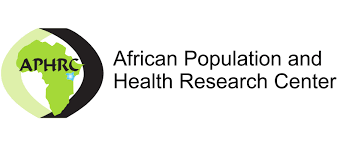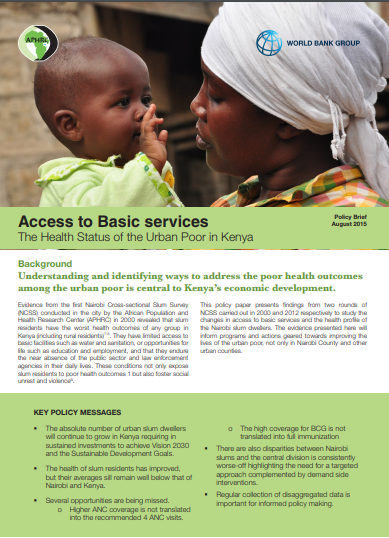Location
APHRC is committed to generating an Africa-led and Africa-owned body of evidence to inform decision making for an effective and sustainable response to the most critical challenges facing the continent. Our mandate is to generate and support the use of evidence for meaningful action to improve the lives of all Africans through three integrated programmatic divisions: research, that emphasizes health and wellbeing; research capacity strengthening to deepen
the skills of African scholars working on the continent; and policy engagement and communications to support greater influence of evidence in policy – and decision-making across sub-Saharan Africa.
APHRC has been an independent, 501(c)3 registered institution since 2001, emerging from a fellowship program of the Population Council started in 1995. Since its inception, the Center has grown from a handful of staff to more than 130 scholars and professionals representing more than a dozen countries across Africa, and increasing our annual operating budget from under US$1 million at inception to over US$10 million since 2012.
We have a deeply ingrained conviction that prudent financial management and strong internal control systems provide a solid foundation for original, creative, innovative and sustained engagement in research and policy advocacy.
Members:
Resources
Displaying 1 - 3 of 3Access to Basic services August 2015 The Health Status of the Urban Poor in Kenya
Evidence from the first Nairobi Cross-sectional Slum Survey (NCSS) conducted in the city by the African Population and Health Research Center (APHRC) in 2000 revealed that slum residents have the worst health outcomes of any group in Kenya (including rural residents). They have limited access to basic facilities such as water and sanitation, or opportunities for life such as education and employment, and that they endure the near absence of the public sector and law enforcement agencies in their daily lives.




